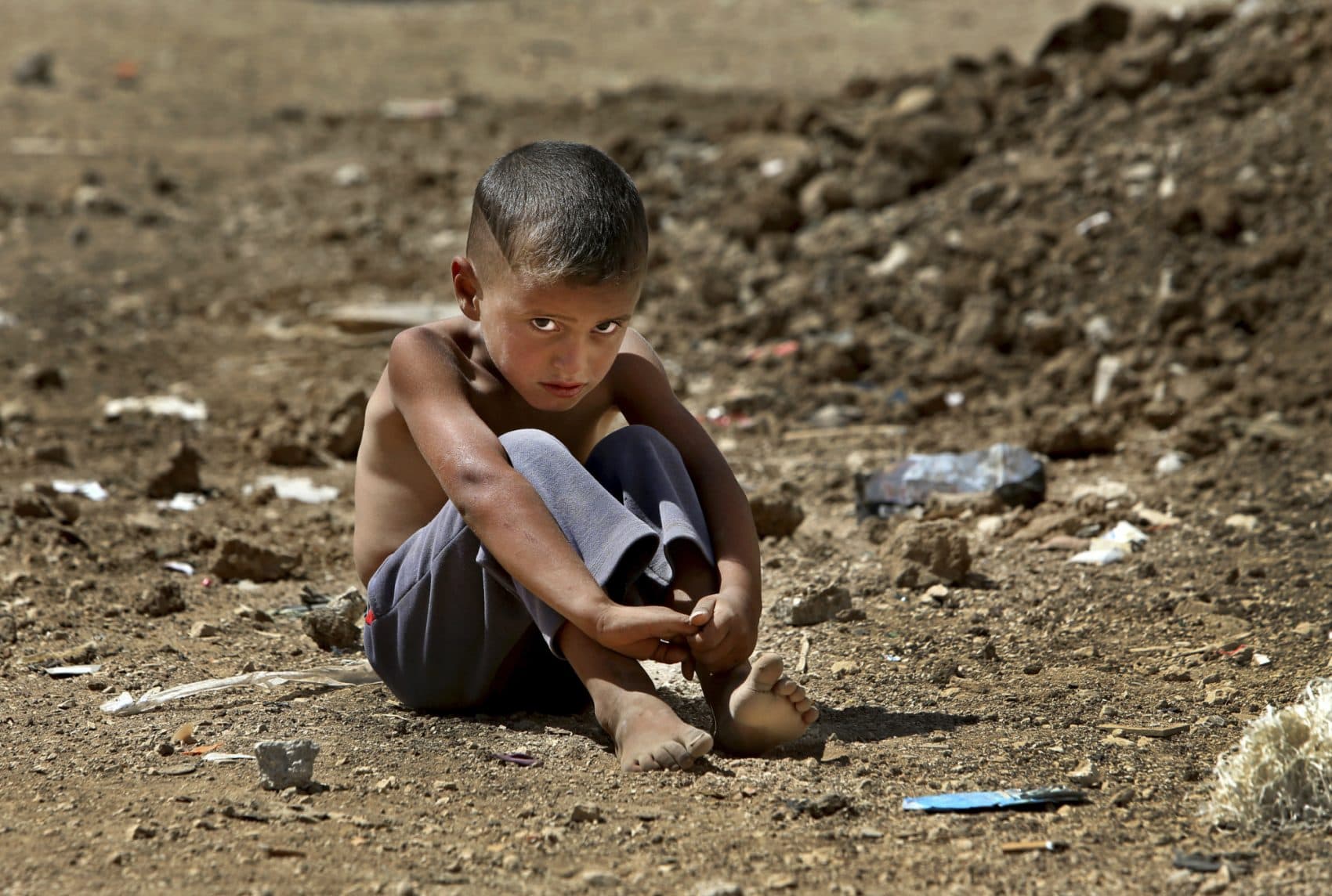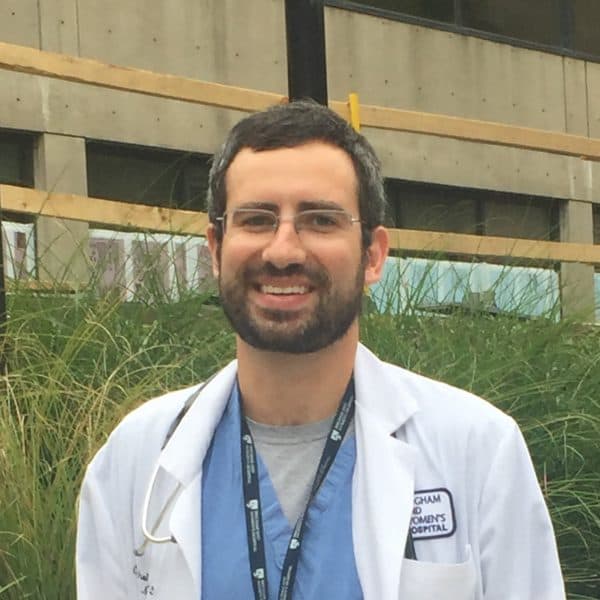Advertisement
Commentary
Resisting President Trump's 'Single Story' Of Refugees

President Trump's revised travel ban suspends the resettlement program for 120 days and cuts the number of refugees the U.S. accepts each year from about 110,000 to 50,000. Through this blanket action, it is clear that Trump is clinging to a single flawed perception of the refugee experience -- one that harkens back to our country’s dark history of refusing Jewish refugees during World War II for fear that they might harbor Nazi spies.
The celebrated Nigerian novelist Chimamanda Ngozi Adichie has warned of “the single story,” in which a reductive narrative is cast upon an entire group of people, even one as heterogeneous as refugees. The single story, Adichie said, “robs people of dignity. It makes our recognition of our equal humanity difficult. It emphasizes how we are different rather than how we are similar.”
Watching Abdel become an American did not compromise my American identity -- it deepened it immeasurably.
The most recent estimates from the United Nations High Commissioner for Refugees (UNHCR) count more than 65 million displaced persons worldwide, including more than 21 million refugees. Over the last fiscal year, the United States resettled just 84,995 of them, each of whom submitted to a lengthy and intense screening process that included interviews with the United Nations and U.S. Citizenship and Immigration Services (USCIS). They have been required to tell their stories many times over — in some cases reliving their trauma — and they have been subjected to invasive medical workups both before and after they reach the United States. Whether Christian, Muslim or other, they share a desire to rebuild their lives in a country where they will be safe.
President Trump has called Syrian refugees the “greatest Trojan Horse of all time.” He appears woefully uninformed about the rigorous screening process, the diversity of the refugee communities in the United States, and America's duty to take in refugees as enshrined in the Geneva Convention. His prior discriminatory executive order was successfully challenged in the courts as unconstitutional. While this revised version may appear more measured, it is, like its first iteration, gratuitously punitive and devoid of justification.
In my experience working with many medically complex refugee and asylee families from all over the world — from Bhutan to Sudan, Ethiopia to Iran — I have learned what many others who have worked with this population know well: There is no single story among the small group of refugees who have been resettled in the United States. Their myriad stories are deeply human and rarely simple.
Consider the middle-aged man from Sudan who had been left blind after being sold a tainted drink he’d taken in a desperate attempt to distract himself from the infestation of bedbugs in his refugee camp. Upon arriving in the United States, he wanted nothing more than to learn English and get to work. I will never forget his disappointment after being told by the ophthalmologist that he would never regain his sight. When I last saw him, he was commuting independently to English classes at his local community college and learning braille.
Another refugee I worked with, a young mother, had contracted HIV after being raped in the East African refugee camp that was supposed to be a safe haven from violence. She had only learned of her HIV status while going through the initial refugee medical screening process; months prior, she had unknowingly transmitted the virus to her youngest daughter. When I last saw her, she was going to extreme lengths to hide their diagnosis from her older children, still ashamed of an act over which she’d had no control. But she was also newly hopeful, watching her children excel in their local public school.
Advertisement
We must not allow Trump’s single story on refugees -- utterly devoid of truth or merit -- to shape our country’s perceptions of the refugee experience.
When I worked as a citizenship tutor in the spring of 2003, I met Abdel, who was working as a cab driver. Back home in Iraq, he'd been a cardiologist. He'd abandoned everything — his career, material possessions, home — to flee the violence of war. I still recall the excitement in his voice when he called me after acing the citizenship interview. Of all the exams he’d ever passed, he said, this one had filled him with the greatest pride. Watching Abdel become an American did not compromise my American identity — it deepened it immeasurably.
As physicians, we have some of the earliest and most intimate contact with resettled refugees and asylees, from conducting the initial Domestic Medical Examination to documenting the physical and psychological impact of torture they may have experienced in their home countries. We have the privilege of hearing their stories unfold over time, and we have the special vantage of watching them settle into their new lives when they return to us for primary care visits.
We must not allow Trump’s single story on refugees — utterly devoid of truth or merit — to shape our country’s perceptions of the refugee experience. We must speak out on behalf of those who are now too fearful to do so for themselves. Their lives and futures are now being placed in jeopardy by a government that should be committed to their protection.
